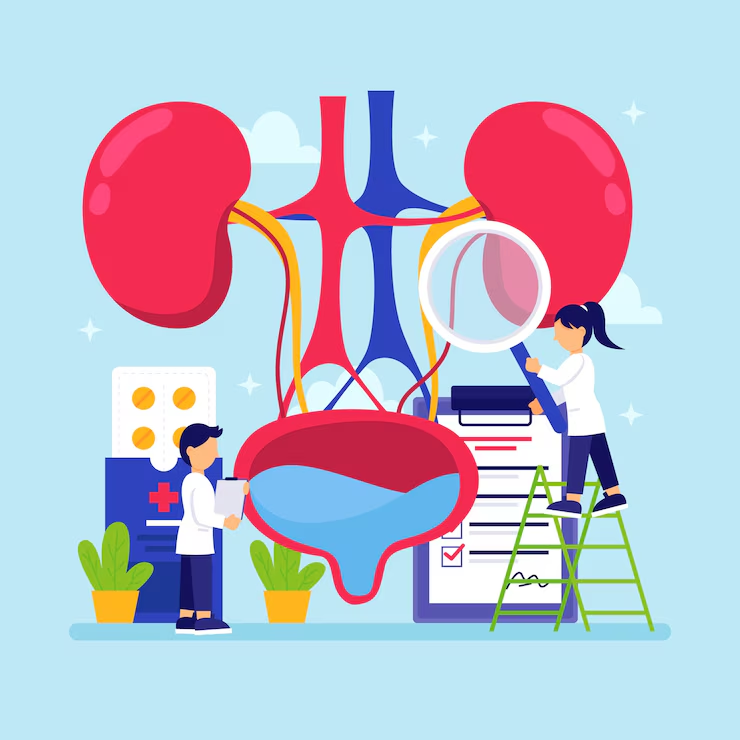Welcome to our online quiz on the renal pelvis! The renal pelvis is a vital part of the urinary system, responsible for collecting urine from the kidneys before it is transported to the bladder. In this quiz, we’ll test your knowledge on the function, structure, and importance of the renal pelvis in maintaining a healthy urinary system.
Get ready to dive into the world of the renal pelvis as we explore its role in filtering waste and regulating fluid balance in the body. Whether you’re a student studying biology or simply curious about how your body works, this quiz will provide you with valuable insights into the intricate workings of the renal pelvis. So, let’s get started and see how well you know this essential component of the urinary system!
Play Renal Pelvis Quiz
Instructions
- This quiz is multiple choice.
- Read each question carefully before selecting an answer.
- Choose the best answer for each question.
- You will see the missed questions with correct answers at the end of the quiz.
Quick Facts
- The renal pelvis is a part of the urinary system located in the kidney.
- It is a funnel-shaped structure that collects urine from the kidney and funnels it into the ureter.
- The renal pelvis is lined with specialized cells that help prevent the urine from leaking back into the kidney.
- It is an important part of the body’s filtration system, helping to remove waste and excess fluids from the blood.
- The renal pelvis is made up of smooth muscle tissue that helps push the urine into the ureter.
- It is connected to the rest of the kidney through a series of tubes and ducts.
- The renal pelvis is a common site for kidney stone formation due to the concentrated urine that passes through it.
- It is essential for maintaining proper fluid balance in the body and regulating blood pressure.
- Damage to the renal pelvis can lead to urinary tract infections and other kidney problems.
- Overall, the renal pelvis plays a crucial role in the body’s waste removal process and overall health.
Downloads
Study Tips
- Create a study schedule and stick to it.
- Find a quiet and comfortable study environment.
- Remove distractions such as phones and social media.
- Take breaks every 25-30 minutes to avoid burnout.
- Use active studying techniques like summarizing, highlighting, and teaching concepts to someone else.
- Practice retrieval by testing yourself with flashcards or practice quizzes.
- Stay organized with notes, study guides, and resources.
- Stay hydrated and eat brain-boosting foods like fruits, nuts, and whole grains.
- Get enough sleep to improve memory retention and cognitive function.
- Reward yourself for reaching study goals to stay motivated.
